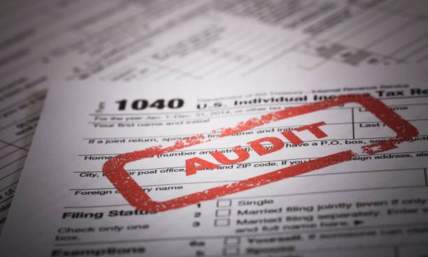Why A Paystub Portal Is The Easiest Solution For Businesses
The Fair Labor Standards Act provides guidelines for payroll documentation and retention for three years. The IRS recommends that businesses retain payroll information a full four years after the fourth quarter. There are more than two dozen regulations that govern some aspect of employer record-keeping and retention in the U.S. and states can impose additional recordkeeping requirements.
Payroll records take up space and valuable office staff time.
Also read: Can You Deposit Someone Else's Check In Your Account?
Why A Paystub Portal Is The Easiest Solution For Businesses
With so much of our recordkeeping now digital, it makes perfect sense that you and your employees use a paystub portal to store and access pay information online, because really, who has that much space and office staff to access and organize those records every time someone needs a copy?
What Is A Paystub Portal?
A paystub portal gives your employees secure online access to their own paycheck information. It is automated (no more HR time wasted!), 24/7 service to your employees that allows them to print their own paystubs each pay period. As an employer, it means no more scrambling for lost, damaged or misdirected pay stubs. There are several kinds of checkstub papers as well that are worth discovering for your reference.
What Kind Of Information Is Available In A Paystub Portal?
Typically a check stub or equivalent statement is provided in a printable form. Check stubs are documents that may be required to satisfy government requirements, loan or mortgage applications, housing applications or school enrollments. Even when providing check stubs isn't mandatory, it is prudent to have them available on demand.
Click Here to Create Your Paystub in Less Than 2 Minutes
Also read: Proof of Income for a Mortgage
Employer Requirements
The federal government does not have a rule requiring employers to issue or retain paycheck stubs.
Employers need to:
- Control the creation and accessibility of payroll records.
- Reduce record storage cost
- Improve efficiency and access
- Assure legal compliance
- Protect company information
Guidelines For Payroll Documentation
According to the Fair Labor Standards Act and the Social Security Administration, payroll records must include:
- Full name and address
- Social Security number.
- Gender
- Occupation
- Date of birth of worker (if under the age of 19)
- Date and time each work week begins and ends.
- Date the payroll period starts is required if different than the work week.
- Pay date
- Daily and weekly hours worked.
- Pay rate.
- Regular wages and overtime pay
- Any additions or deductions from pay
Employers must keep a record of time worked for two years.
Also read: How to Provide Proof of Income
Employee Records Guidelines
Employees should be prepared to keep their pay stubs in compliance with credit reporting needs for up to ten years, longer in the case of bankruptcy. For unemployment insurance purposes, four years is sufficient, although each state may impose its own requirement. Tax documentation should be retained for seven years. Court-ordered judgments (garnishments) should be kept indefinitely.
For this reason, a paystub portal allowing access via the internet at any time, from anywhere is ideal. Hard copies may be obtained at need and stored online in digital form. Lost, damaged or missing payroll information may be corrected and verified immediately and without assistance.
Let's get you started today. Generate your paystubs today in a more efficient manner!















